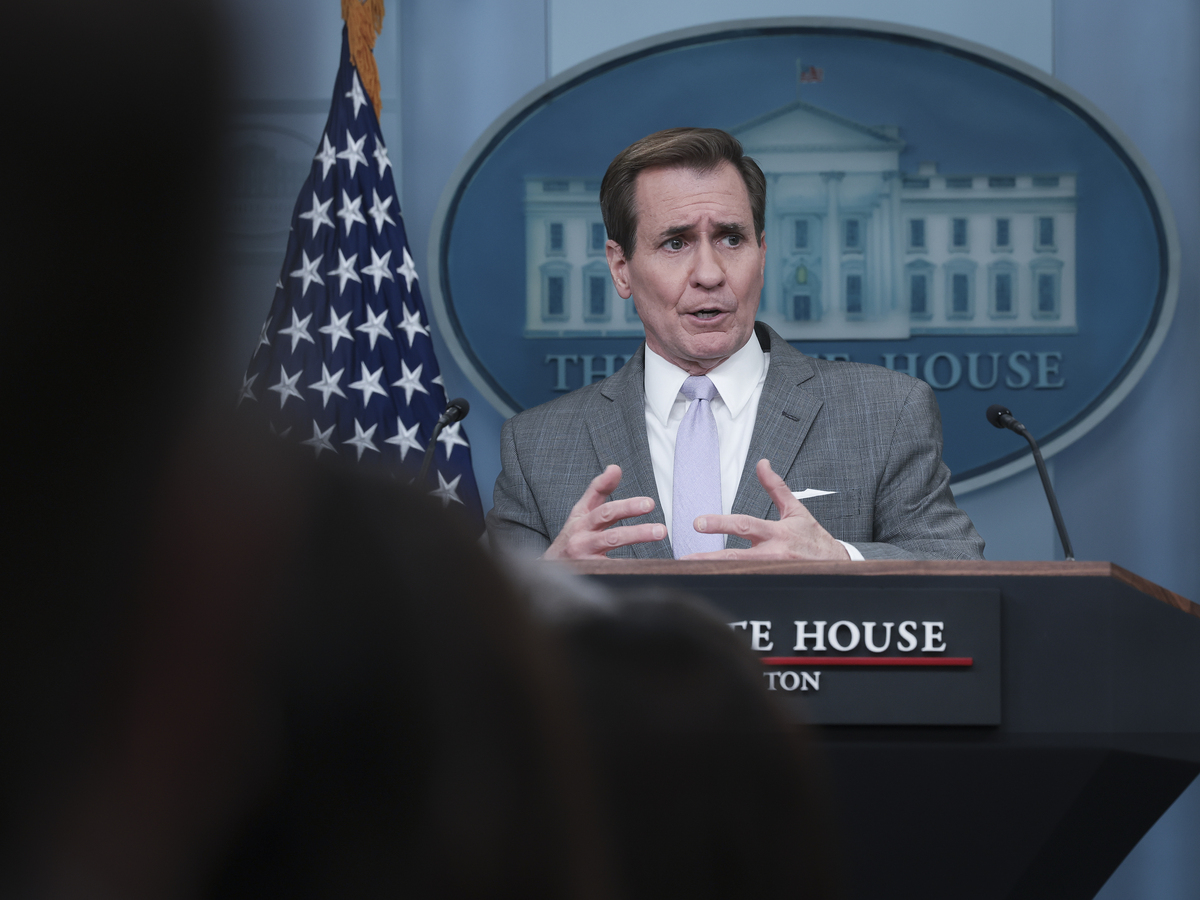
National Security Council Coordinator for Strategic Communications John Kirby answers questions during the daily White House press briefing on January 29, 2024 in Washington, DC. Win McNamee/Getty Images hide caption

National Security Council Coordinator for Strategic Communications John Kirby answers questions during the daily White House press briefing on January 29, 2024 in Washington, DC.
Win McNamee/Getty ImagesA deadly attack on an U.S. military base in Jordan pulled the United States deeper into a regional conflict that it's trying to avoid.
How the U.S. responds could determine whether the country enters another full scale war. We ask National Security Council spokesperson, John Kirby, what comes next.
Email us at
This episode was produced by Brianna Scott. It was edited by Sami Yenigun and Andrew Sussman. Our executive producer Sami Yenigun.

 Live Radio
Live Radio